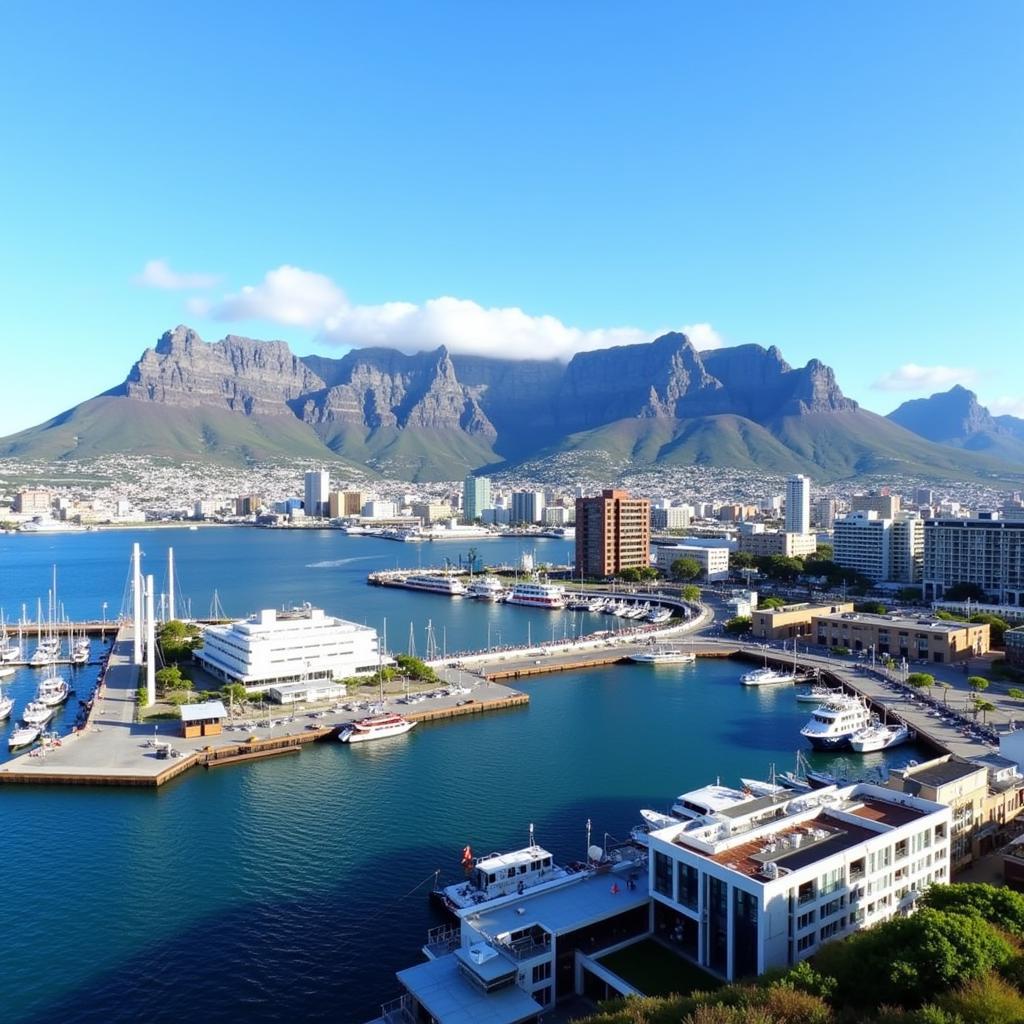Exploring the African Aka Tribe: Culture, Traditions, and Lifestyle
The African Aka Tribe, also known as the Bayaka, are a fascinating group of hunter-gatherers residing in the dense rainforests of Central Africa. Their unique culture, traditions, and intimate connection with nature offer valuable insights into a way of life that has remained largely unchanged for centuries. This article delves into the rich tapestry of the Aka people, exploring their customs, social structure, and the challenges they face in the modern world.
Understanding the Aka People: A Glimpse into Their World
The Aka tribe primarily inhabits the rainforests of the Congo Basin, spanning countries like the Central African Republic, the Republic of Congo, and Cameroon. Their existence revolves around a deep respect for nature, with hunting and gathering forming the core of their sustenance. Their intricate knowledge of the forest, its flora and fauna, is essential for their survival and plays a significant role in their cultural practices. They are renowned for their egalitarian social structure, where gender roles are fluid and community decisions are made collectively. However, the encroachment of modern society and the pressures of deforestation pose significant threats to their traditional way of life. For more insightful information about African fathers, particularly within the Aka tribe, check out this resource on african aka tribe fathers.
What makes the Aka people unique? Their egalitarian social structure sets them apart, promoting equality and shared decision-making.
The Aka Lifestyle: Harmony with Nature
The Aka people’s daily life is deeply intertwined with the rainforest. Men hunt using nets and bows, targeting small game and occasionally larger animals. Women gather wild fruits, nuts, and medicinal plants, supplementing the diet and contributing to the tribe’s health and well-being. Music and dance play a vital role in their culture, expressing emotions, celebrating events, and strengthening social bonds. Their intimate knowledge of the forest allows them to live in harmony with nature, utilizing its resources sustainably while maintaining its ecological balance.
How do the Aka people sustain themselves? Hunting and gathering are their primary means of sustenance, utilizing the forest’s resources.
Aka Culture and Traditions: A Rich Heritage
The Aka tribe possesses a rich cultural heritage passed down through generations. Their spiritual beliefs are deeply connected to the forest, with rituals and ceremonies performed to honor spirits and ensure a harmonious relationship with nature. Music and storytelling are integral to their traditions, preserving history and transmitting knowledge. Their unique craftsmanship, including basket weaving and wood carving, reflects their artistic talents and resourcefulness. You can learn more about African hairstyles and their cultural significance in this article about african hairstyle name.
What is the significance of music in Aka culture? Music is integral to their traditions, expressing emotions and strengthening social bonds.
Challenges and the Future of the Aka Tribe
The Aka tribe faces numerous challenges in the modern world. Deforestation, logging, and the expansion of agriculture threaten their ancestral lands and disrupt their traditional way of life. Contact with the outside world also introduces new diseases and social pressures, impacting their health and cultural identity. Efforts are underway to protect their rights and support their sustainable development, preserving their unique culture for future generations. For further insights into African facial features and diversity, explore this article on african faces male.
What are the primary threats to the Aka tribe’s existence? Deforestation and modernization pose significant threats to their traditional way of life.
Aka Tribe’s Artistic Expression: Headdresses and Mustaches
The Aka tribe, like many other African cultures, expresses their identity and traditions through various forms of adornment. While there is limited specific information on the Aka’s use of headdresses, exploring african headdress can provide broader context about their significance within other African communities. Similarly, facial hair, such as mustaches, can hold cultural meaning in different African societies. Though details on Aka mustache traditions are scarce, you can learn more about the cultural significance of mustaches, particularly amongst African Americans, in this article on african american mustache. Understanding these broader cultural practices can enrich our appreciation for the diversity and depth of African traditions.
In conclusion, the African Aka tribe offers a compelling glimpse into a unique way of life deeply connected to nature. Their egalitarian social structure, sustainable practices, and rich cultural traditions are valuable assets in a rapidly changing world. Preserving their heritage and supporting their adaptation to modern challenges are crucial for ensuring the survival of this remarkable culture. The African Aka tribe continues to fascinate and inspire, reminding us of the importance of harmony with nature and the richness of human diversity.
FAQ
- Where does the Aka tribe live? The Aka tribe primarily lives in the rainforests of Central Africa.
- What is the Aka tribe’s primary source of food? They are hunter-gatherers, relying on the forest for sustenance.
- What is unique about the Aka tribe’s social structure? They have a highly egalitarian social structure, with shared decision-making.
- What are some of the challenges faced by the Aka tribe? Deforestation and modernization are significant threats.
- How does music play a role in Aka culture? Music is integral to their traditions, expressing emotions and strengthening social bonds.
- Are there any efforts being made to preserve the Aka tribe’s culture? Yes, various organizations are working to protect their rights and support sustainable development.
- What is the significance of the forest to the Aka people? The forest is their home, their source of sustenance, and the center of their spiritual beliefs.
Need More Help?
For any further assistance or inquiries regarding the Aka tribe or any other African cultural topics, feel free to contact us. We have a dedicated 24/7 customer support team ready to assist you.
Phone: +255768904061
Email: kaka.mag@gmail.com
Address: Mbarali DC Mawindi, Kangaga, Tanzania.
